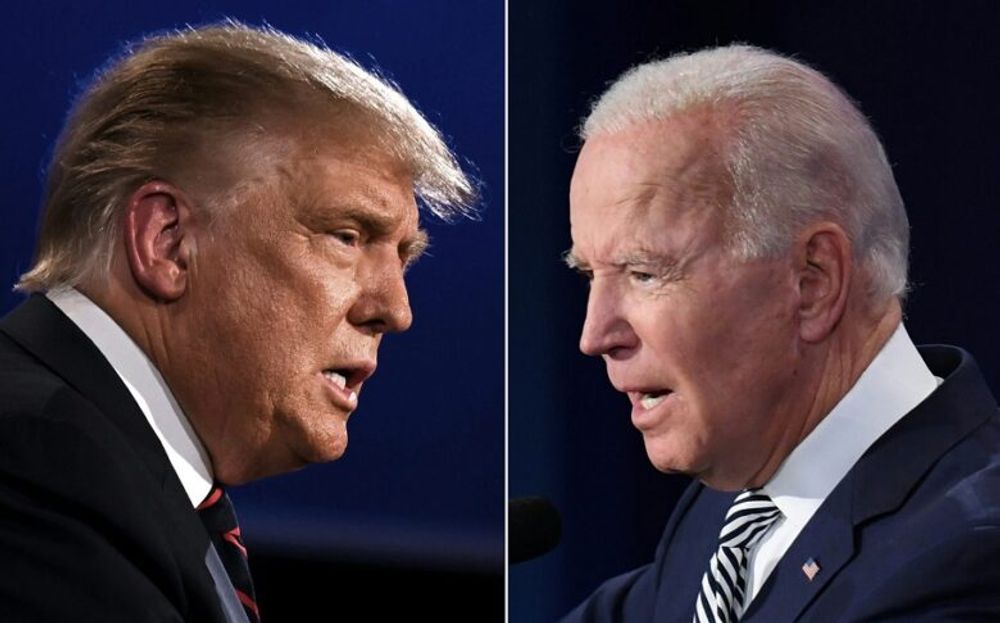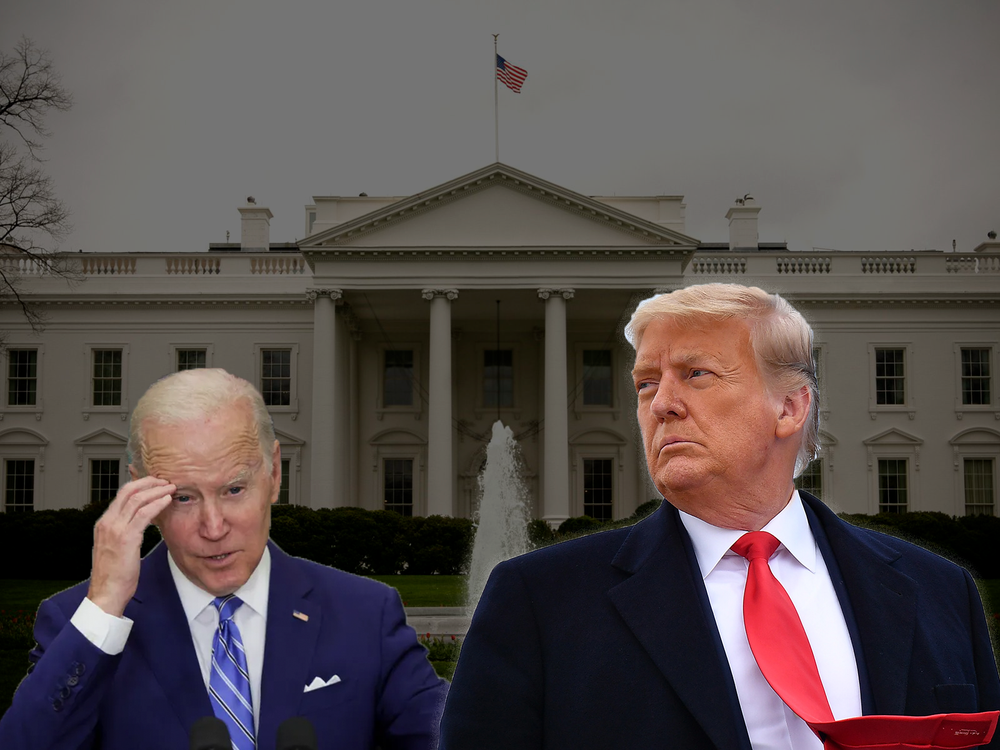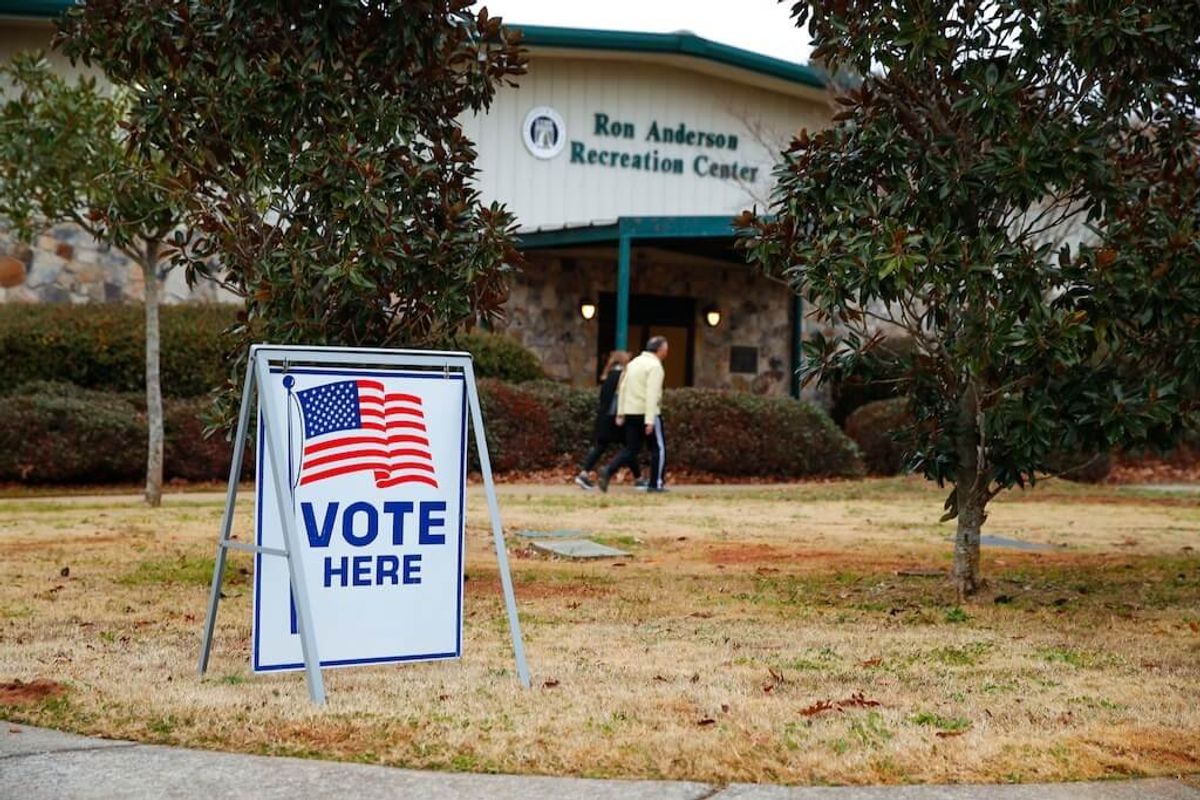
Atlanta’s Increasingly Diverse Suburbs Could Decide US Senate Control
Gwinnett County is located just 16 kilometers northeast of Atlanta and is one of the most populous suburbs of Georgia’s largest city. In November, Democrat Joe Biden won 58% of the presidential vote in the county, helping propel his razor-thin margin of victory in Georgia overall.
Thirty years ago, however, Gwinnett county was mostly rural and a Republican stronghold in a state where Republicans have long dominated.
“Atlanta was mostly African American and voted Democrat, but, back then, the suburbs around Atlanta were like the rest of Georgia — a lot of white people nearly exclusively voting Republican,” Nick Masino, President and CEO of the Gwinnett Chamber of Commerce, told VOA. “But it’s nothing like that anymore.”

Barely two months after Biden became just the second Democrat since 1980 to carry Georgia, the state remains in the political limelight as voters return to the polls on January 5 to decide two run-off races that will determine which political party controls the U.S. Senate. Biden’s ability to advance his legislative agenda could hang in the balance.
The state’s two Republican senators, David Perdue and Kelly Loeffler, are trying to fend off tough, well financed Democratic challenges from Jon Ossoff, and the Rev. Raphael Warnock, respectively, in an election that has already seen more than $500 million spent. If Democrats capture both seats, the Senate will be divided 50-50 between the Democrats and Republicans, but Vice President-elect Kamala Harris will break the tie in favor of the Democrats. If either Perdue or Loeffler or both wins, Republicans will retain control of the Senate.

But while there is an unusual amount of attention on the state — including competing campaign events featuring President Donald Trump, President-elect Biden as well as a host of celebrities — there is a lot about Georgia and its electorate that outsiders may not realize.
“We know there are people from all over the world watching us right now,” Masino said, “but I don’t think people understand what’s been going on here. We’ve grown so fast over the last few decades, this isn’t the Georgia people think they know. We’ve become so diverse — there aren’t many places in the world like it, and that could have a big impact on this election.”
A political shift
Just kilometers to the west of Gwinnett is Cobb County, another of Atlanta’s suburbs. It’s population was reported at more than 760,000 in 2019 — more than doubling since 1990 — and like the rest of Atlanta’s outskirts, it has undergone a transformation that would have been unimaginable even 15 years ago.
“When I first moved to Cobb County in 2007, it was considered a bastion of conservative Republicanism,” Dr. Andrew Pieper, an associate professor of political science at Kennesaw State University told VOA. “It was the heart of the state GOP.”
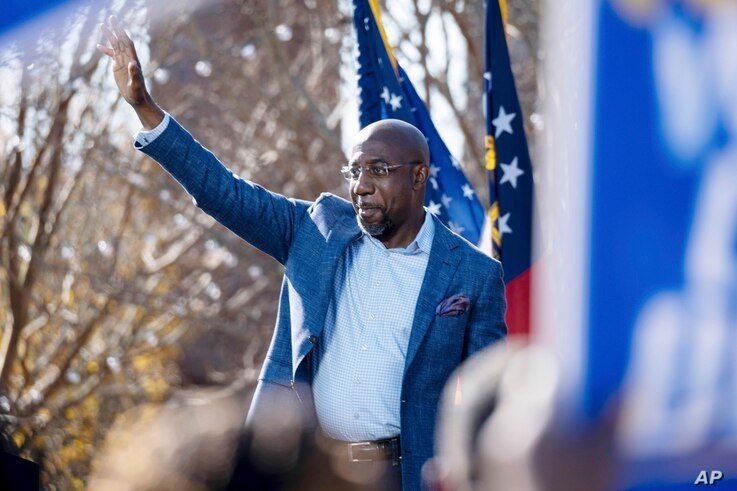
The political shift can be seen by looking at how Atlanta’s suburbs voted in presidential elections over the last two decades. In 2004, Republican incumbent President George Bush walloped Democratic challenger John Kerry by more than 32 percentage points in Gwinnett County. Eight years later, Democratic President Barack Obama limited his Republican opponent’s advantage in the county to just over 9%.
In 2016, Democrat Hilary Clinton actually beat Trump by nearly six percentage points in Gwinnett — even though Trump won Georgia as a whole by five percentage points. This past November, Biden beat Trump by a whopping 18 percentage points in the county, and carried Georgia by just under 12,000 votes . Before then, Bill Clinton was the last Democrat to win a statewide presidential race in Georgia, in 1992.
It’s a similar story in Cobb County and throughout Atlanta’s sprawling suburbs. But what caused the shift?
The answer can be found by examining the area’s changing demographics.
Demographic revolution
Georgia today bears little resemblance to the state that maintained a web of racially discriminatory laws for a century after the U.S. Civil War. But residents know that reputations die hard.
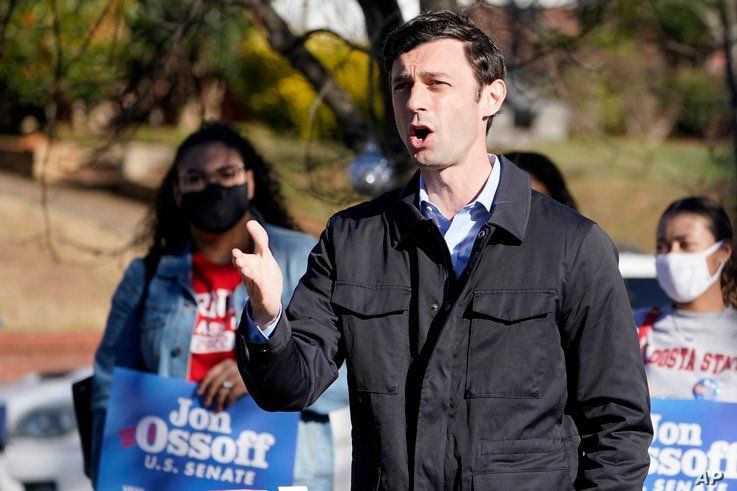
“People think of us as a bunch of racists, but that’s just not true,” said Masino. “Those of us in metro Atlanta live among people of color every day. We go to church together, go to school together and go to work together. Things are different than they used to be, and I think the large majority of us really value that diversity.”
According to Masino and others, change accelerated as Atlanta prepared to host the 1996 Olympics. Georgia worked hard to attract international companies, and that effort paid off as there are more than 3,000 global-based companies in the state today.
“Immigrant families started to notice that people from their home countries were moving to the Atlanta suburbs,” Masino explained, “and that they were welcomed here, that there were jobs available, and that the school systems were good. So more and more people started to come.”
Atlanta’s metro area today boasts 51,000 Korean immigrants as well as 44,000 people from Vietnam. Immigrants from India and Pakistan number 31,000, while 13,500 Atlanta area residents came to the United States from China.
“The Atlanta area’s thought of us as just being black and white, and that might have been true 30 years ago, but it’s not anymore,” Masino said. “We have the fourth largest population of residents of Korean descent in North America.”
Gwinnett County, which was 90% white in 1990, is just 30% white today, according to the Gwinnett Chamber of Commerce, with the majority of the county made up of minorities: 32% Black, 26% Hispanic and 12% Asian. One in four residents of the county were born outside of the United States.
And diversity is growing across the metro area. Even in places like Paulding County, which as of 2018 was still 75% white, that number has dropped significantly since the turn of the century when the county’s white residents made up 91% of the population.
For many newcomers to the area, that diversity is one of the most appealing parts of the region. This is true for Liz Mace Neider, who moved to Atlanta four years ago. Her husband works for a French company headquartered in Germany. When they decided to move to the U.S., they came to Alpharetta — roughly a half hour drive from Atlanta — because his company had opened an office in the growing city.
“When we first moved here, I was immediately struck by how diverse it was,” said Liz, who is part-Korean but was born in the United States. “We had a neighbor who had been there for 20 years and he was Caucasian. Another neighbor was from Honduras, another was from Columbia and our landlord was from Hong Kong. It’s actually sometimes hard to find people who were born in Atlanta!”
An election
With just a week to go before the election, people across the country and the world are waiting to see how Georgia’s newfound diversity will translate to votes in an election that will help determine America’s political trajectory.
“Not all ethnicities vote as a single bloc, but in general, diversity tends to favor the Democrats,” Masino said. “These multicultural suburbs helped Biden win, but it’s unclear if they’ll turn out in large numbers for a pair of run-off Senate races.
Without President Trump on the ballot or a presidency hanging in the balance, Pieper agreed that November’s election results might not mirror vote totals from next week’s Senate contests.
“I’d be hard pressed to bet against the GOP [Republicans] until the Democrats show they can actually turn out their base to vote in run-offs,” he said. “The idiom about ‘close doesn’t count’ has never been truer than when applied to a winner-take-all election.”
With polls so close, most experts agree that the race will likely be determined by whichever party can motivate enough of their base to go to the ballot box.
Dontaye Carter is the Communications Chair for the Fulton County Democrats —based just outside of Atlanta. Last week he was talking to voters at a toy and food drive, trying to get Democrats excited about the run-offs. Carter is Black and moved to the area from Orlando just eight years ago. He said he’s hopeful residents will turn out in the same numbers that helped deliver the state’s votes to Biden weeks ago.
“Voters here just helped remove a President and several district attorneys, and they influenced a bunch of other races,” Carter said. “I think people in these neighborhoods are starting to realize how much they matter and — when they use it — how much their voice matters, too.”
 Democrats Push for Senate Vote on Higher Pandemic ReliefNext PostGeorgia Runoff Elections to Determine US Senate Control
Democrats Push for Senate Vote on Higher Pandemic ReliefNext PostGeorgia Runoff Elections to Determine US Senate Control

